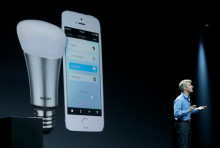Your logo and branded vulnerability aren't helping: How to disclose better
In 2000, I leapt out of journalism and in to security communications. I was relocating to the San Francisco Bay Area and, despite the downturn, tech was king. I also wanted to lend my unique albeit non-technical skill set to a technology that protected people or, at the very least, attempted to reduce harm caused by malicious behavior.












































































